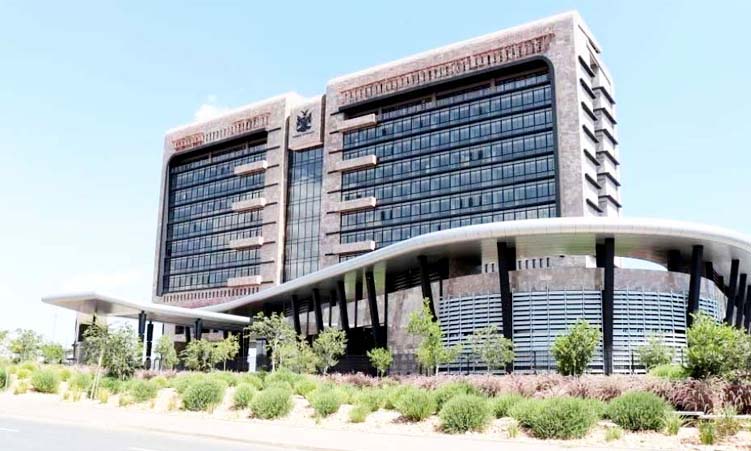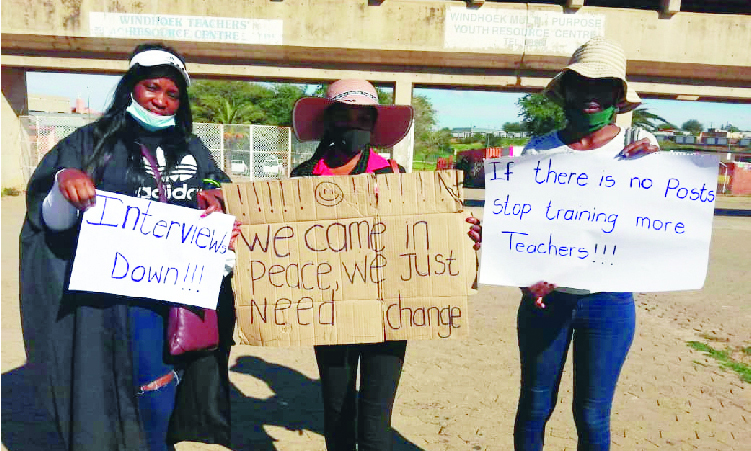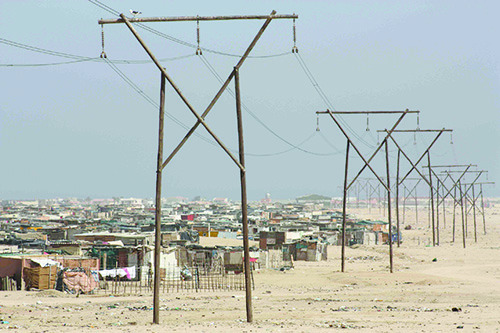Namibia’s home affairs minister has tabled a bill that will grant people born with South West Africa (SWA) identification documents (IDs) full Namibian citizenship.
Up to now, many of these individuals have been unable to get Namibian citizenship under the current laws.
Minister of home affairs, immigration, safety and security Albert Kawana tabled the regularisation of the status of certain residents, their foreign spouses and their descendants bill in the parliament on Monday.
The bill is designed to help people who have SWA IDs but can’t get Namibian citizenship under the current laws. It seeks to help long-term residents and their descendants benefit from access to education, healthcare and employment opportunities.
“Namibia still has individuals with SWA IDs who are unable to obtain citizenship due to legal impediments. These individuals have lived in Namibia continuously and have not returned to their supposed country of origin, making it impossible for them to provide such records,” said Kawana.
He said SWA ID holders will acquire Namibian citizenship by naturalisation, while their descendants will acquire citizenship by descent if born outside Namibia and by birth if born within the country. Foreign spouses of SWA ID holders will acquire Namibian citizenship by marriage, he added.
“The category of the affected individuals has been in Namibia since before independence, with no other home. Some have been residing in Namibia since 1978, making their stay nearly 50 years,” he said.
Kawana noted that the bill is not intended to take care of the general problem of statelessness in the country but strictly for SWA ID holders and their families.
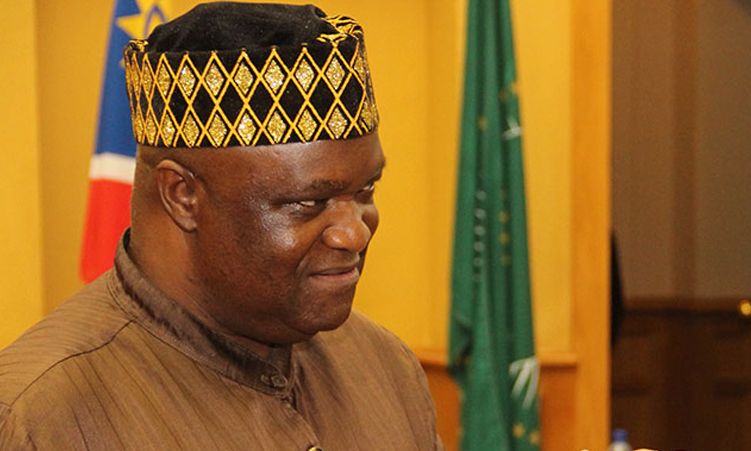
“A separate bill, namely, the statelessness determination and protection bill, which has already received the Cabinet’s approval, will be introduced to address the general problem of statelessness,” he said.
Works and transport deputy minister Veikko Nekundi said it’s worrying how easy it is to acquire Namibian citizenship compared to other countries worldwide.
“The only people who find it difficult are the people who we call poor. We see them from Angola, the Democratic Republic of Congo and Brazil. But the Europeans, the Americans, and the one class of South Africans are flooding Namibia with citizenship,” he said.
He warned that this may pose a serious threat to the country’s security in future.
“Some people can live here for more than 20 years but they are spies of other countries. It is a serious security threat to our existence,” he said.
Nekundi suggested that Africans should be considered first.
“We have senior citizens who have been in Namibia for so many years, even before the independence. Most of them have helped us in gaining independence but today they can’t even get drought relief. Let’s accommodate them,” he said.
Finance and public enterprises deputy minister Maureen Hinda-Mbuende said permanent residency requirements are discriminatory for those from low-income groups.
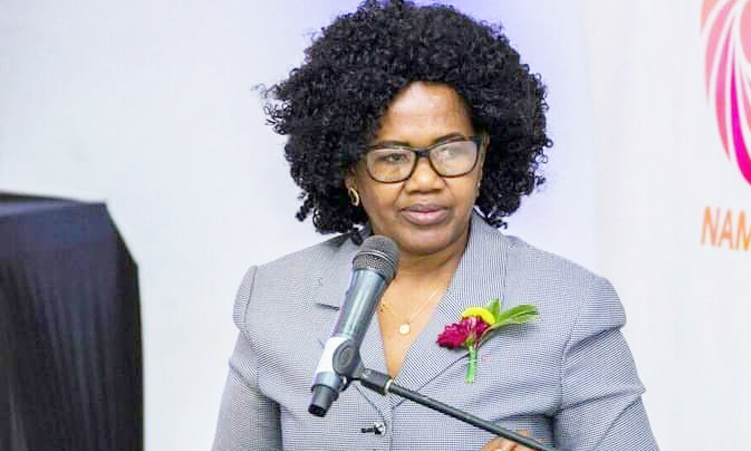
“We have many farm workers and charcoal workers that have forever lived in this country, at the lowest end of the job market that contribute to the gross domestic product of this country,” she said.
This group ends up without any national documents, facing the same challenge, she added.
“They have nowhere to denounce [their citizenship] because they are nowhere in the register of another country,” she said.
“Their children do not have birth certificates, many times they cannot access school because of a lack of these documents and they end up being farm labourers that are uneducated,” she added.
Popular Democratic Movement lawmaker Maximalliant Katjimune advised the house not to pass legislation based on non-existent legislation.
“I propose that the marriage bill and the civil registration and identification bill be passed first,” he said.
Landless People’s Movement chief whip Utaara Mootu commended Kawana’s efforts in providing a sense of identification.
She said it will ensure economic empowerment to allow stateless individuals and people who lack the necessary identification documents to get formal employment.
“Like farm workers that have to work on a shift basis or work on jobs that do not have full benefits like medical aid and pension,” she said.
Kawana said the bill will provide legal status to long-term residents, ensuring they and their descendants can fully benefit from the rights and privileges afforded to Namibian citizens.
Stay informed with The Namibian – your source for credible journalism. Get in-depth reporting and opinions for
only N$85 a month. Invest in journalism, invest in democracy –
Subscribe Now!




